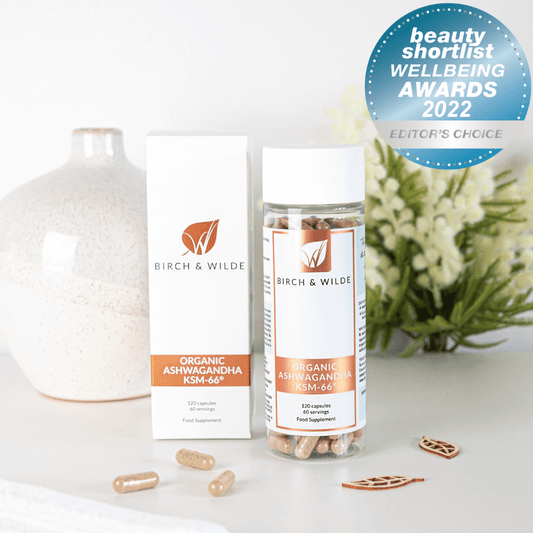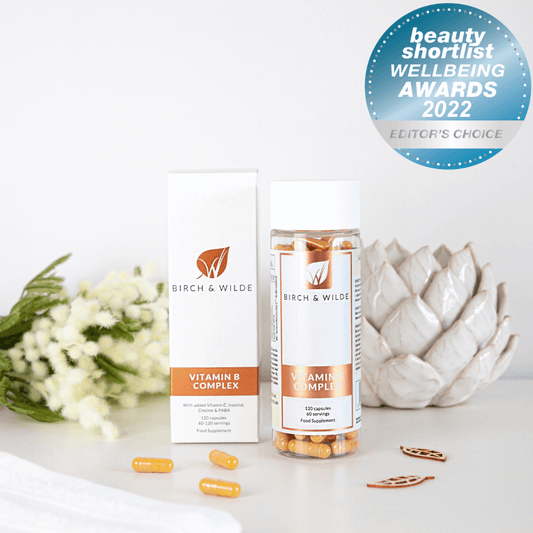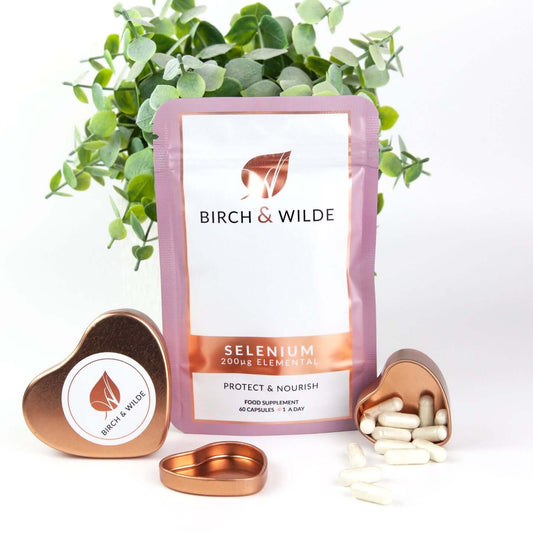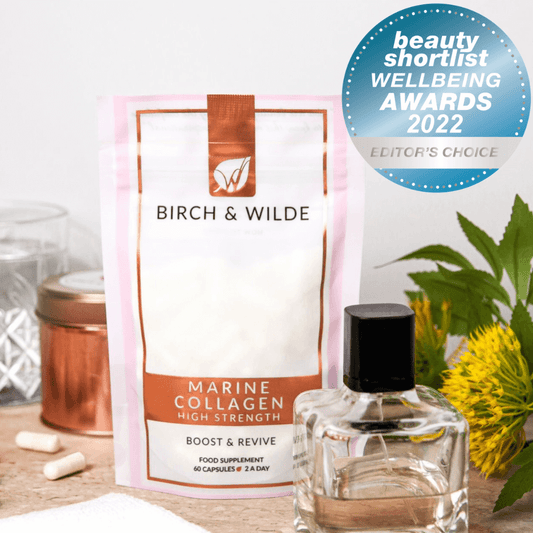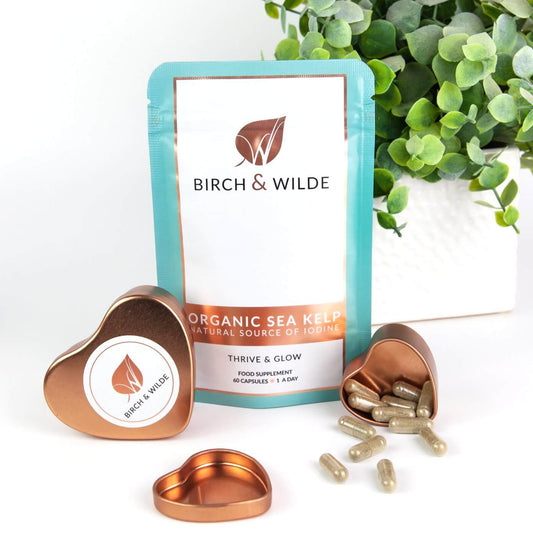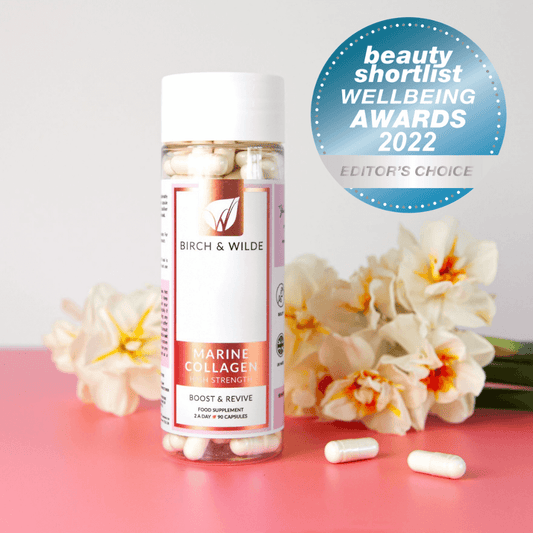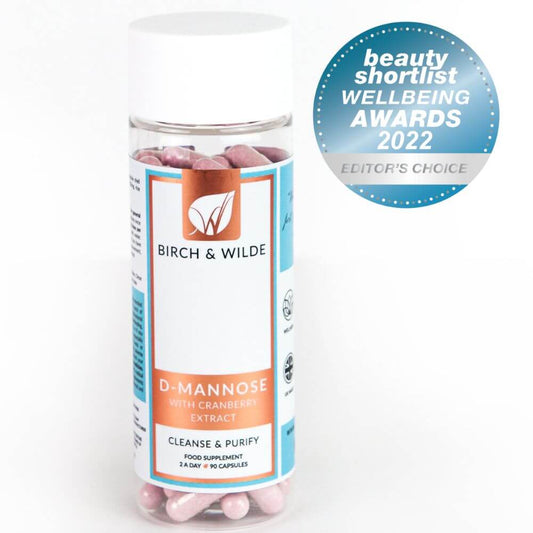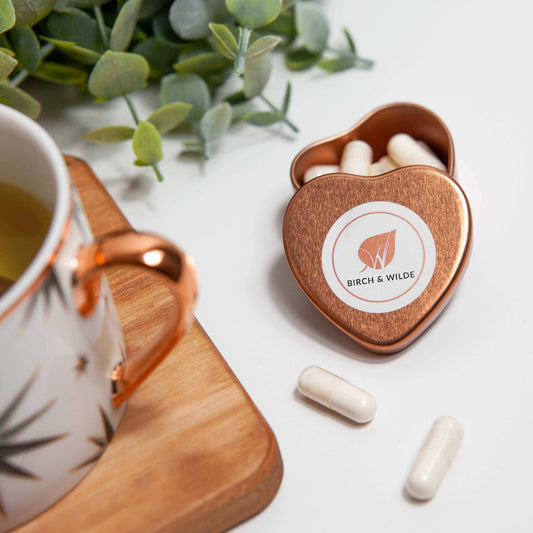Do you get enough Vitamin E for great skin as you age?

Vitamin E is a fat-soluble vitamin which is essential to health. Vitamin E has powerful antioxidant activity and is the main fat-soluble antioxidant in human blood. However, blood isn’t the final destination of vitamin E. It is taken up by the cells of the body and used as an antioxidant.
Vitamin E is required especially abundantly in skin cells where it provides antioxidant protection to the skin from the environment. Vitamin E is found in a variety of foods, supplements and skincare products and is beneficial when taken orally and when used topically. Due to its fat-solubility, vitamin E gets stored in the body.
The nutrient reference intake of vitamin E (the amount recommended daily) is 12mg.
Different forms of Vitamin E
Vitamin E is a generic term that includes all 8 types which have properties in the body the same as the main form called d-alpha tocopherol.
The 8 types are called:
- d-alpha tocopherol
- d-beta tocopherol
- d-gamma tocopherol
- d-delta tocopherol
- d-alpha tocotrienol
- d-beta tocotrienol
- d-gamma tocotrienol
- d-delta tocotrienol
Each of these forms have a different potency in the body, with the most potent form being d-alpha tocopherol.
D-alpha tocopherol is the strongest and most potent form of Vitamin E. However most dietary sources contain either d-beta tocopherol, d-gamma tocopherol or d-delta tocopherol.
Synthetic forms will start with a dl followed by the form, for example: dl-alpha tocopherol is synthetic.
The difference between synthetic and natural Vitamin E
With a limited number of vitamins, there isn’t much difference between the natural and synthetic forms. However, with vitamin E there is a big difference which affects the way they work in the body. With vitamin E, natural is always better.
The change in structure between natural and synthetic compromises the absorption capability. Synthetic vitamin E is more useful for protecting a supplement from oxidisation, rather than having much biological affect in the body.
One study showed that 100mg of natural vitamin E supplementation was equivalent to 300mg of synthetic vitamin E. Another study found that synthetic E was excreted from the body much quicker than natural vitamin E.
How to get more vitamin E through diet

There are many sources of vitamin E in the diet including -
- Sunflower seeds
- Soya beans
- Almonds
- Peanut butter
- Pumpkin
- Avocado
- Wheat germ oil
- Spinach
- Collard greens
- Asparagus
You can get a good daily intake of natural Vitamin E from consuming just 2 portions (about a decent size handful) of anything on the above list!
Do I need an additional vitamin E supplement?
The environment is full of oxidative stressors to the body. These come from the foods we eat, the polluted air, the sun and they are also made internally. Oxidative stress is increased in smokers, those with stressful lifestyles and a few other factors. Oxidative stress can show on the skin as red and irritated patches as well as premature winkling, inflammatory and allergic conditions.
Some people require an additional vitamin E supplement to help balance the level of antioxidants vs the level of free radicals (caused by oxidative stress) in the body.
Does vitamin E get absorbed through the skin?
As vitamin E is a fat-soluble vitamin, it is very effective at getting absorbed into the skin. When applied topically, Vitamin E has been shown to be effective as a protector against environmental damage to the skin, including from the sun’s rays.
Some individuals to need to take a Vitamin E supplement to counteract an excessive amount of free radical damage within the body. This includes those who smoke, those who don’t consume enough Vitamin E rich plant foods and those with inflammatory diseases.
What should I take with vitamin E for best results?
Vitamin E works even better when combined with Vitamin C and selenium. All of these 3 nutrients have free-radical scavenging properties and when combined have high impact within the body and will show through in the condition of the skin. These three nutrients support the production of a substance in the body called glutathione, which is the body’s internal antioxidant system, further enhancing their antioxidant potential.











